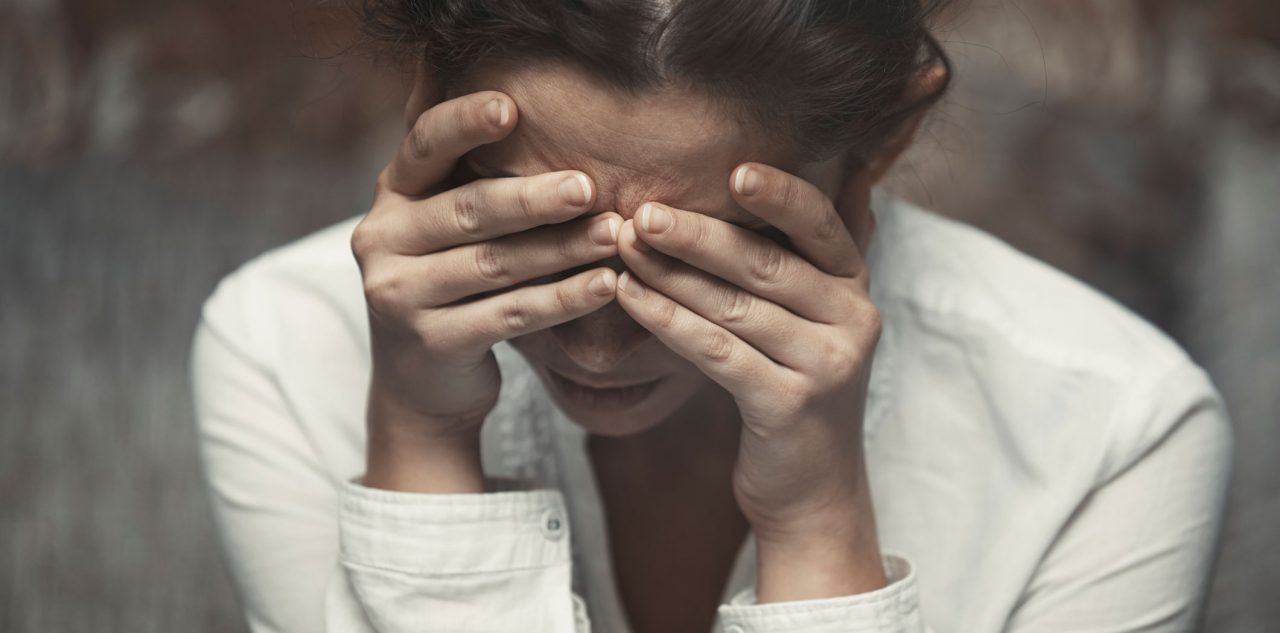What Causes Depression?

It’s difficult to say what causes depression for any person, since so many forces play a role, from genes and childhood trauma to medications and stress.
Because people blame themselves when they fall into a depression, psychiatrists and therapists began to stress that depression is a physical state. As antidepressants became more popular, we often heard that depression was caused by a chemical imbalance, with the implication that you were born that way.
The truth is yes, and no.
Millions, even billions, of chemical reactions are involved in the workings of mood. It can be difficult to explain what causes depression in a particular case. Your genes and early history may have set you up to be more vulnerable when you hit a stressful time as an adult. People get depressed in the course of illnesses like cancer, or as a side effect of medication. Again, vulnerability may have made them more likely to react that way than another person.
YOU MIGHT ALSO LIKE: Physical Symptoms of Depression
The diagnosis of depression also may cover more than one illness. Researchers are using brain scans to try to tease out the physical differences among people who show depressive symptoms. It’s already obvious that two depressed people may act very differently. Some people become lethargic, and eat and sleep too much. Others become amped up; they can’t sleep and skip meals. People with bipolar disorder swing from excited manic states of great activity to miserable lethargy.
Rather than ask what causes depression, we might look at what happens in the brain when someone is depressed. Brain scans have shown that an area called the hippocampus, involved in long-term memories, is smaller in some depressed people. Because stress can suppress the production of new neurons in the hippocampus, the area can end up smaller if stress is a big factor. We know that antidepressants trigger the growth of neurons in the hippocampus. New types of medications may target the growth of neurons more precisely and help people who don’t respond to the current treatments or act more quickly.
Popular antidepressants, the SRIs, or SNRIs, regulate the neurotransmitters serotonin and norepinephrine. Serotonin helps regulate sleep, appetite, and mood and inhibits pain. Some people with depression have low levels of serotonin or related chemicals. Norepinephrine constricts blood vessels. It may trigger anxiety, feeding into depression and is involved in motivation.
Every function of your body is influenced by genes that decide which proteins your body will make, and when. Several genes affect the stress response and make us more or less likely to react with depression. Researchers have begun to pinpoint the genetic clues that can help doctors know which medications will work for particular patients. We already know that depression and bipolar disorder run in families. If one twin has bipolar disorder, the other has a 60 to 80 percent chance of developing it as well.
Your personality and history both affect how you interpret events and hence their physical impact on you. People also differ in how they respond to the physical cues of stress. You might interpret agitation as excitement and not let it phase you, or you might conclude that it dooms you to failure.
Childhood losses can affect people throughout life, especially if they are unaware of how they associate the present with the past. If your mother died when you were young, the death of your wife decades later — perhaps combined with other vulnerabilities — may push you into a depression. Antidepressants and electroconvulsive therapy — used on depressed people who haven’t responded to other treatments — can relieve the symptoms of animals suffering from the effects of losing their mothers young.
Violence or sexual abuse as children can lead to adult women with more extreme stress responses than other women. Researchers have proposed that the abuse may have damaged nerve cells or affected the activity of neurotransmitters.
Illnesses or medication may be the root cause of up to 15 percent of all depressions. Cancer, heart disease, hypothyroidism, heart disease, multiple sclerosis, Parkinson's disease, Alzheimer's disease, and Huntington's disease, stroke, lupus, and mononucleosis may trigger depression. Depression can be a side effect of common medications, including heart and blood pressure medication, antibiotics, painkillers and even Zantac.
Updated:
April 03, 2020
Reviewed By:
Janet O’Dell, RN